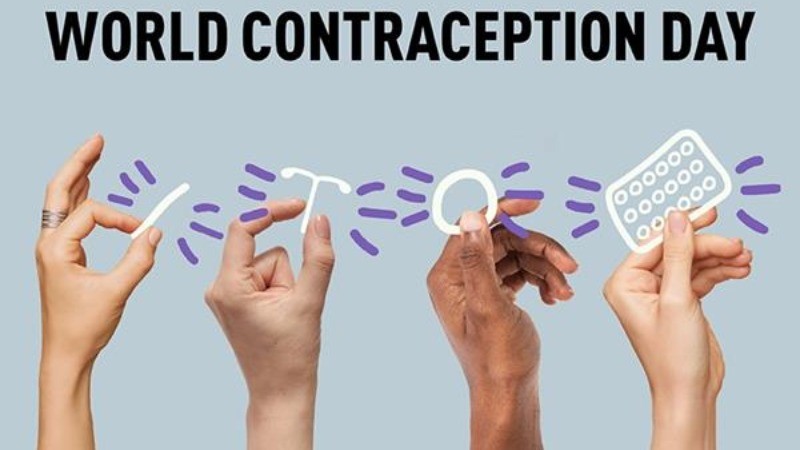
World Contraception Day, observed annually on September 26, aims to raise awareness about contraception and the importance of reproductive health. This day serves as a reminder of the various contraceptive methods available, particularly emergency contraceptive pills (ECPs), which have become a vital option for many women. Understanding the effects of ECPs on women's health is essential for making informed choices.
What Are Emergency Contraceptive Pills?
Emergency contraceptive pills are hormonal medications designed to prevent pregnancy after unprotected intercourse or contraceptive failure (such as a broken condom). They are most effective when taken within 72 to 120 hours following the incident. ECPs work primarily by delaying ovulation, preventing fertilization, or inhibiting implantation of a fertilized egg.
The Positive Impact of ECPs
Empowerment and Control: ECPs offer women the ability to take control of their reproductive health. They provide an option to prevent unintended pregnancies, which can have significant life-altering implications.
Accessibility: In many countries, ECPs are available over-the-counter without a prescription, making them an accessible option for women in need.
Safety Profile: ECPs are considered safe for most women. Studies have shown that they do not pose significant long-term health risks. They can be used without affecting future fertility.
Potential Side Effects
While ECPs are generally safe, they may cause some temporary side effects, including:
Nausea and Vomiting: Some women may experience nausea, which can sometimes lead to vomiting. If vomiting occurs within two hours of taking the pill, it is advisable to consult a healthcare provider, as another dose may be needed.
Irregular Menstrual Cycle: ECPs can cause changes in the menstrual cycle, leading to earlier or later periods. This irregularity is usually temporary.
Headaches and Fatigue: Hormonal fluctuations after taking ECPs may lead to headaches or fatigue in some women.
Breast Tenderness: Some women report breast tenderness as a side effect of ECPs.
Considerations for Women’s Health
Education and Awareness: Understanding how ECPs work and their effects on the body is crucial for informed decision-making. Women should seek information from reliable sources or healthcare professionals.
Not a Regular Contraceptive Method: While ECPs are an effective emergency measure, they are not intended for regular use. Women should consider establishing a routine contraceptive method that suits their lifestyle and health needs.
Consultation with Healthcare Providers: Women with specific health conditions or those taking certain medications should consult healthcare providers before using ECPs to discuss potential interactions and ensure safety.
Mental Health Impact: The need for emergency contraception may also carry emotional and psychological implications. Women should consider seeking support from trusted friends, family, or professionals to discuss their feelings about the situation.
World Contraception Day serves as an important reminder of the role contraceptive options, like emergency contraceptive pills, play in empowering women and promoting their reproductive health. By understanding the effects of ECPs on women’s health, individuals can make informed choices that best suit their needs and circumstances. Knowledge, access, and support are key components in enabling women to navigate their reproductive health effectively.
World Pharmacists Day: Recognizing the Role of Pharmacists in Healthcare